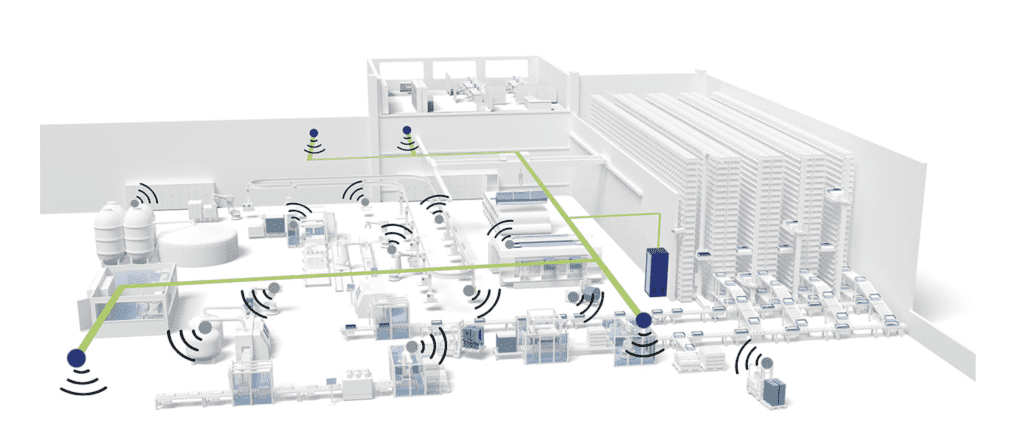Germany-based industrial IT hardware company Phoenix Contact has produced the first industrial 5G router for private networks, using a 5G module from China-based Quectel, and with impetus and testing from Swedish telecoms vendor Ericsson.
The trio had collaborated from an early stage, they said, to “rapidly develop” a solution that provides “industrial-grade performance over private 5G”, and to complete interoperability testing to ensure “reliable commercial performance”. They also cooperated to test various Industry 4.0 applications with the hardware.
Ericsson’s stated go-to-market strategy for private networks is to sell via its traditional operator channels, rather than to go direct to enterprises. Quectel noted: “The experience is highly important for Ericsson following the strategic approach offering 5G solutions jointly with mobile network operators towards the industry.”

They said purpose-built private 5G networks offer a “decisive advantage” compared to “previous mobile radio solutions”. These use “mostly license-free radio bands with a best effort principle” – which “have to accept performance losses in equal measure when the radio spectrum is heavily occupied”.
Private 5G can be designed according to the needs of the enterprise, they said. “The 5G network can be a new communication backbone in industrial automation, enabling many different applications to be served simultaneously – from individual sensors to temporarily connected machines, mobile tools and even driverless transport systems with high-resolution video cameras.”
Germany-based Phoenix Contact supplies components and solutions for electrical engineering, electronics, and automation. Ericsson’s most significant momentum with private industrial networks so far has come in Germany, and notably with Germany operator Deutsche Telekom.
The statement said: “With this device, industrial applications, such as machines, controls and other equipment, can be connected to a 5G network. The focus of these devices is the integration of different applications into a private 5G communication infrastructure with the aim of orchestrating the industrial applications in their resource usage, priority and behaviour.”

